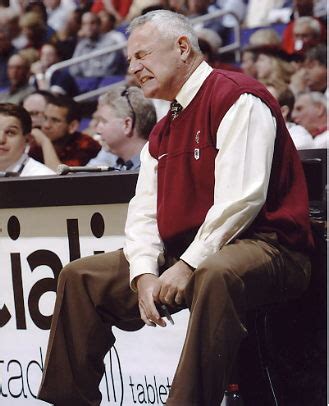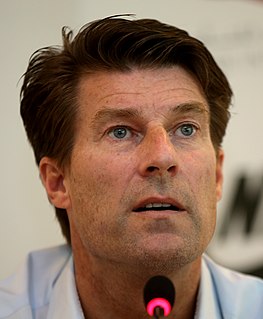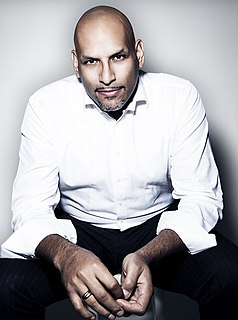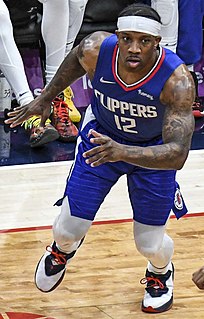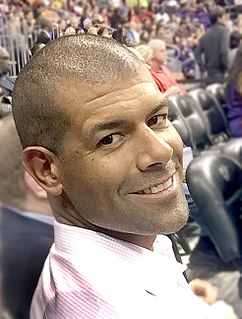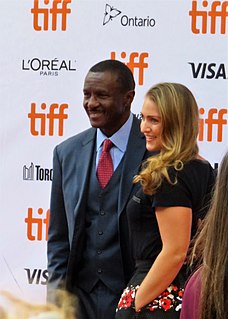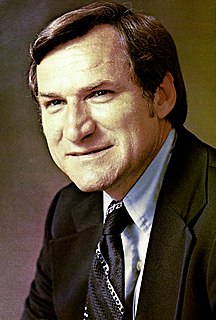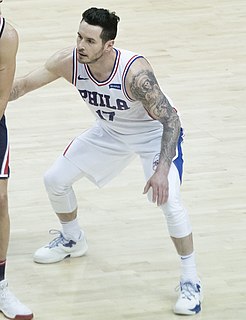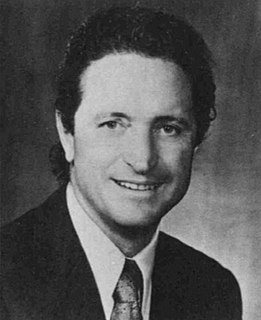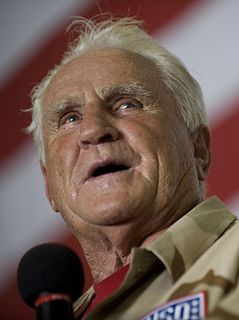A Quote by Dick Bennett
Most of my learning and philosophy regarding coaching basketball was developed after great frustration.
Quote Topics
Related Quotes
Before I joined the Clippers I played basketball at the University of Kentucky. There the game of basketball is very important. It is important for the fans. There is not a lot to do there so they really support the team. It is hard to describe. The fans, the coaching staff, the basketball program is everything and the kids who go there love it.
Basketball is at its best when you have athletes in space making plays. It's the same for soccer, you have great athletes in space making plays and that's when the game becomes beautiful. You have spacing and skill and coaching. It's all synergetic. You don't have to be a basketball fan to appreciate that. You can be a person who appreciates movement. It's almost like a ballet at that point.
When I was coaching at Kentucky - I was a grad assistant and I just got through playing and we won the NCAA Championship in 1978, so I stayed after I got through playing - we had Japan's national team coach Mototaka Kohama come to Lexington to spend the year and study basketball. He and I became great friends, so we hung out together.
Before and after emancipation, the Negro, in self-defense, was propelled toward the white employer. The endowments of wealthy white men have developed great institutions of learning for the Negro, but the freedom of action on the part of these same universities has been curtailed in proportion as they are indebted to white philanthropies.
